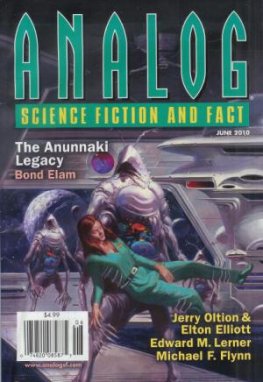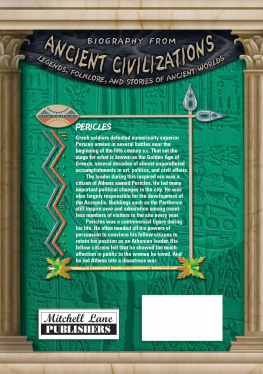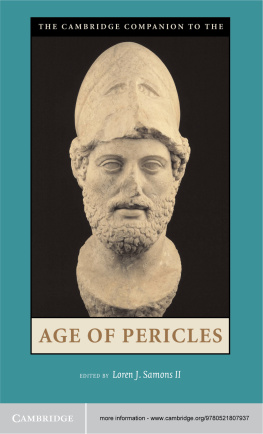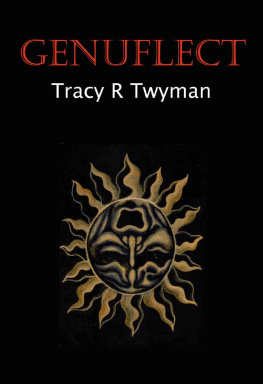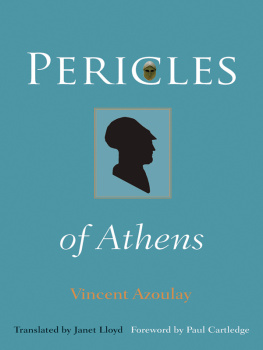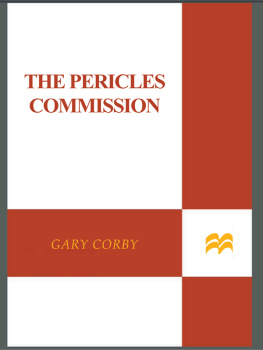Stephen V. Tracy - Pericles
Here you can read online Stephen V. Tracy - Pericles full text of the book (entire story) in english for free. Download pdf and epub, get meaning, cover and reviews about this ebook. publisher: University of California Press, genre: Art. Description of the work, (preface) as well as reviews are available. Best literature library LitArk.com created for fans of good reading and offers a wide selection of genres:
Romance novel
Science fiction
Adventure
Detective
Science
History
Home and family
Prose
Art
Politics
Computer
Non-fiction
Religion
Business
Children
Humor
Choose a favorite category and find really read worthwhile books. Enjoy immersion in the world of imagination, feel the emotions of the characters or learn something new for yourself, make an fascinating discovery.

- Book:Pericles
- Author:
- Publisher:University of California Press
- Genre:
- Rating:3 / 5
- Favourites:Add to favourites
- Your mark:
- 60
- 1
- 2
- 3
- 4
- 5
Pericles: summary, description and annotation
We offer to read an annotation, description, summary or preface (depends on what the author of the book "Pericles" wrote himself). If you haven't found the necessary information about the book — write in the comments, we will try to find it.
Pericles — read online for free the complete book (whole text) full work
Below is the text of the book, divided by pages. System saving the place of the last page read, allows you to conveniently read the book "Pericles" online for free, without having to search again every time where you left off. Put a bookmark, and you can go to the page where you finished reading at any time.
Font size:
Interval:
Bookmark:
The publisher gratefully acknowledges the generous contribution to this book provided by the Classical Literature Endowment Fund of the University of California Press Foundation, which is supported by a major gift from Joan Palevsky.

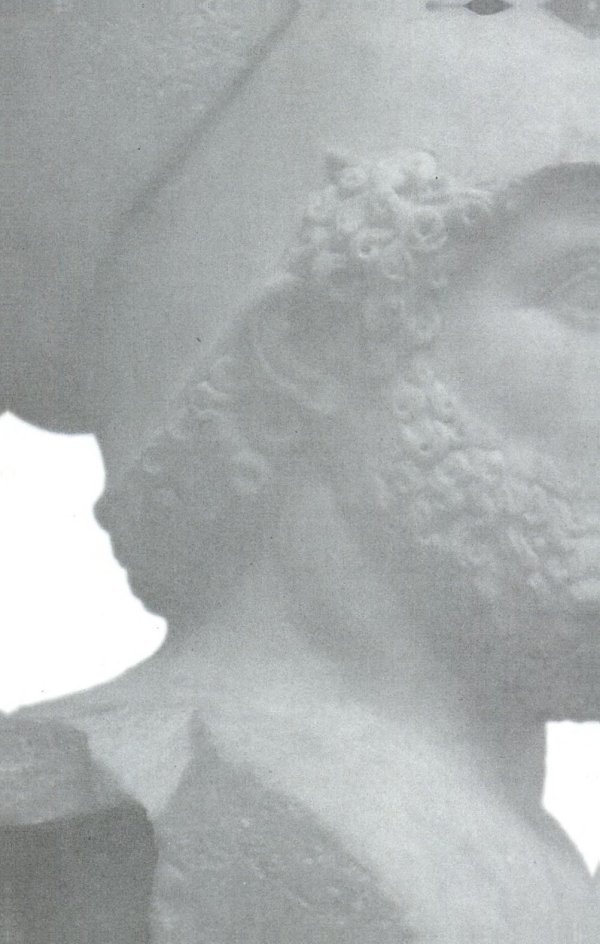
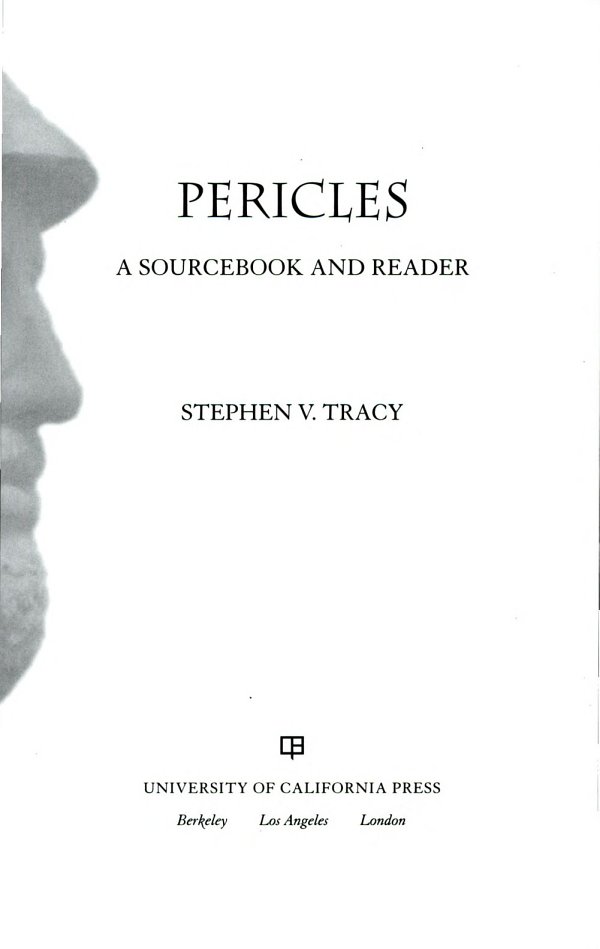
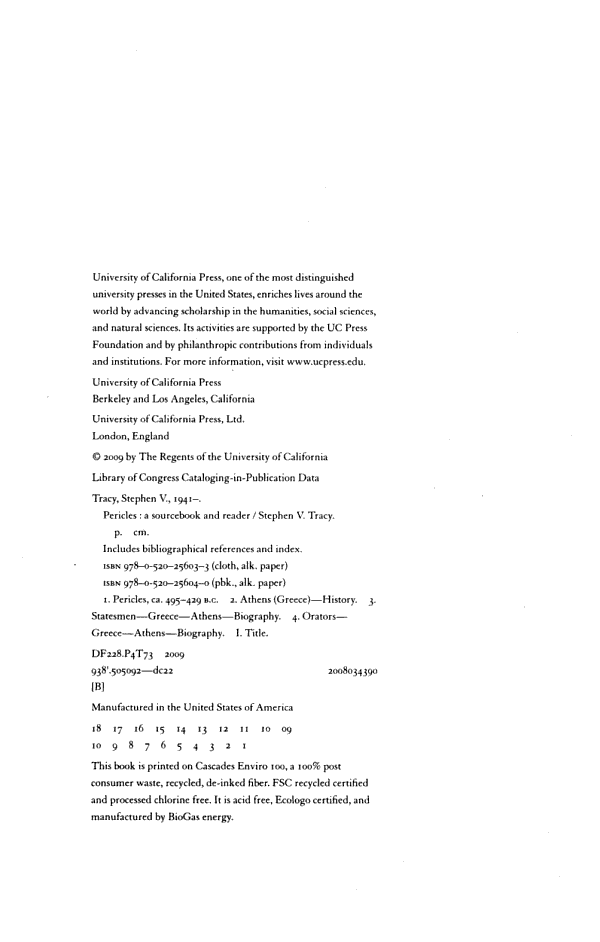

PASSAGES TRANSLATED
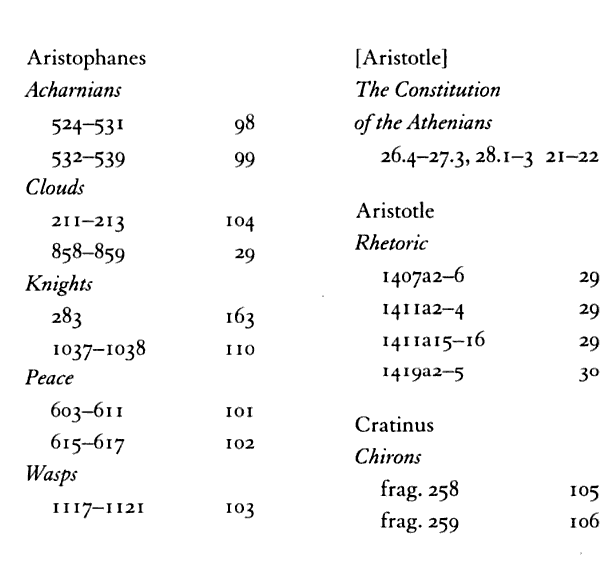
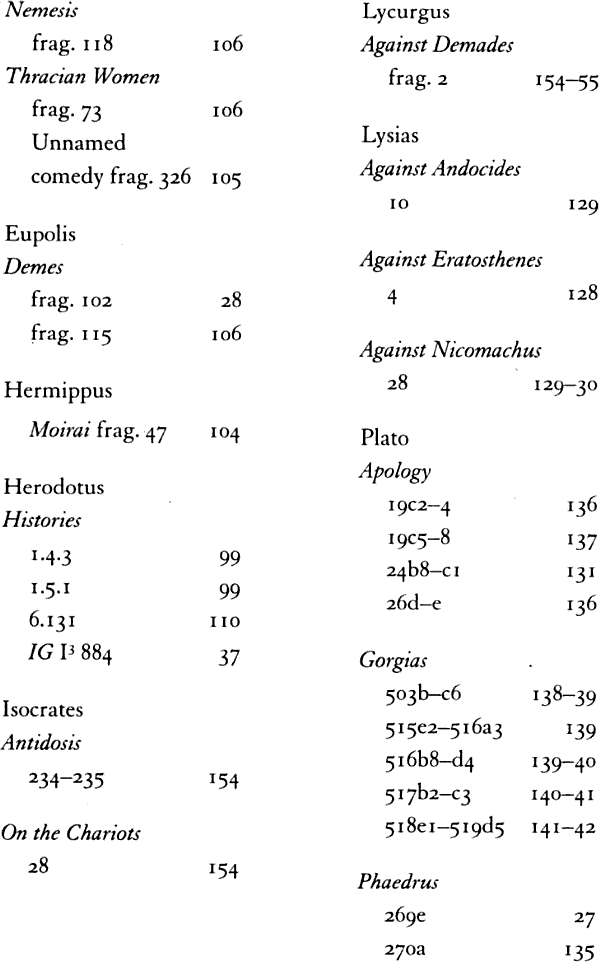
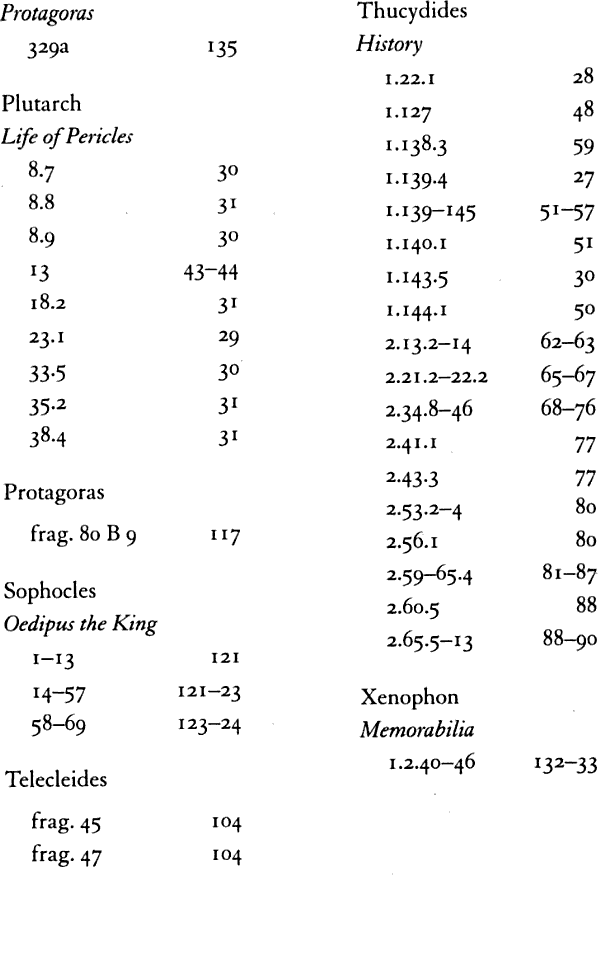
ILLUSTRATIONS
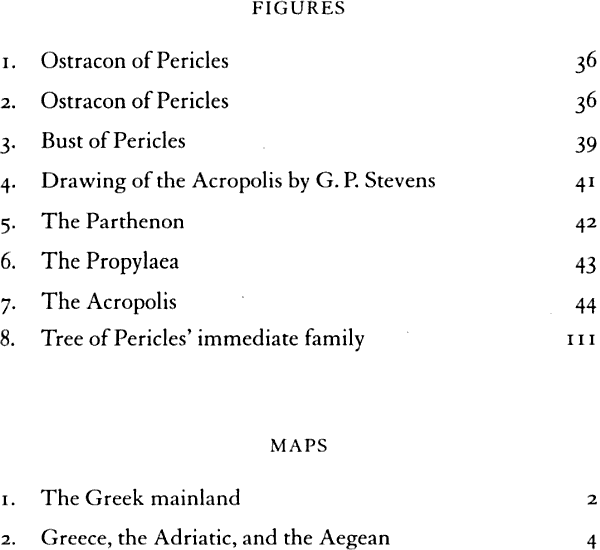

ABBREVIATIONS AND PRIMARY SOURCES
In addition to explaining abbreviations used in this book, the following list includes, for students wishing to consult the original Greek sources, the Greek texts used or cited in the book. Greek texts of the authors listed are also available in the Loeb Classical Library series published by Harvard University Press. The Loeb editions provide the Greek text and an English translation on facing pages.
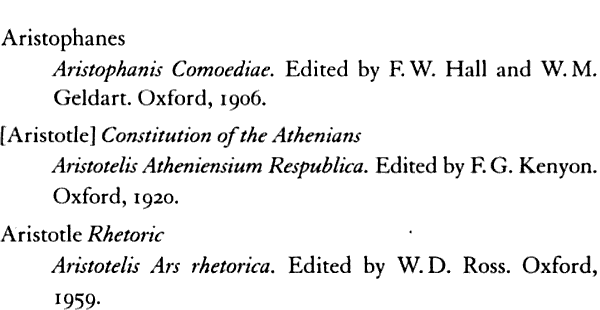
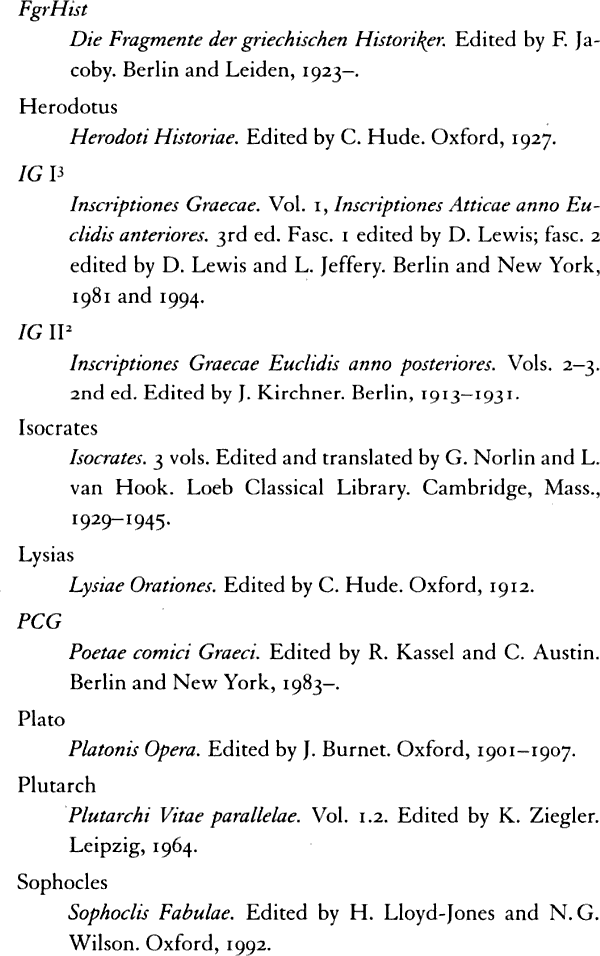

PREFACE
This book about Pericles will fill, I hope, a need of teachers and students at high schools and colleges who are studying the golden age of Athens. That period is usually called the Periclean Age after Athens' greatest leader, Pericles. However, despite the undeniable importance of the man, there exists no book in English that collects in one place the scattered primary evidence about his life. Scholarly books on Pericles and his era, of course, appear with regularity in a variety of languages. Two recent works are W. Will, Thukydides und Petioles (Bonn, 2003), and A. Banfi, II gov emo della citta: Pericle nel pensiero antico (Bologna, 2003).
This modest sourcebook and reader has several purposes: to bring together in readable translations all of the passages pertaining to Pericles that were written by persons who either knew him personally or were in a position to know others who knew him well, to provide helpful interpretive comments on these passages, and to assess what Pericles' contemporaries may have thought of him.
This book is intended for students who have no knowledge of Greek and who also are likely to have very little knowledge of ancient Greece. Thus I have deliberately kept the notes and scholarly apparatus to a minimum, referring mainly to the primary sources. Basic information students will need to know I have tried to include in the text or in the glossary. The translations throughout are my own. My goal in translating is to be both accurate and clear. Strict accuracy occasionally has been sacrificed in favor of a turn of phrase that is understandable to contemporary students. In the case of the historian Thucydides, that most difficult of Greek stylists, I have out of necessity greatly simplified his complex sentence structure, but I have not tried to give him a false clarity. His meaning is at times opaque, and I have not disguised that fact in translating him.
The directors of the University of California Press some years ago paid me the compliment of inviting me to contribute this book. I trust this slim volume does not belie their confidence. I am indebted to the College of Humanities of the Ohio State University for the grant of a research leave for most of the 2000-2001 academic year, which enabled me to write an initial draft. Despite heavy administrative duties as Director of the American School of Classical Studies at Athens (2002-2007), duties that left little time for writing, I have now (five years later) finished the book. As I look back, my greatest debt is to my students, who over the last thirty years have shared their thoughts and questions with me. They are truly the coauthors of this volume. I also am indebted to the anonymous readers of the Press for detailed and helpful suggestions. Lastly, my wife, Professor June Allison, a fine Thucydidean scholar, and my son, Ben, now a senior in collegeit is students his age and a bit younger for whom this book is primarily intendedhave offered invaluable criticism of the manuscript in its various stages. For good or ill, however, I alone am responsible for what is on these pages.
The American School of Classical
Studies I St. Augustine Beach
Athens, Greece I St. Augustine, Florida
December 2006 August- September 200J
Introduction
A BRIEF HISTORY OF ATHENS IN THE FIFTH CENTURY
The century began with the Persian Wars when the Persians attacked Greece and Athens, first in 490 under Darius and then in 480/79 under his son Xerxes. There were memorable battles: Marathon in 490 where the Athenians soundly defeated the Persians; then in 480/79 Thermopylae, scene of the slaughter of the 300 Spartans by the Persians; Salamis, where in the straits between the island and the mainland the Athenian navy defeated the Persian fleet; and finally the Spartan-led victory over the land troops of Xerxes at Plataea (see map 1). These battles Herodotus recounted in epic fashion in his Histories. The Greeks were led in the fighting by the Spartans and the Athenians, who were allies at the time. At the end of the war the Spartans were the dominant force in the loosely formed Peloponnesian League but were content, in fact, to return home to Lacedaemon. The Athenians emerged from the war as a formidable naval power, a change largely conceived and put into place by the statesman and strategist Themistocles. The success of the Athenian triremes in the sea battle at Salamis against the large but cumbersome fleet of the Persians confirmed his strategy and, more important, allowed sailors and soldiers to play a significant role in the democracy at Athens. The century ended with the protracted war between the former allies that we refer to as the Peloponnesian War (431-404 B.C.), a war that the Spartans eventually won, ironically, with the aid of the Persians.
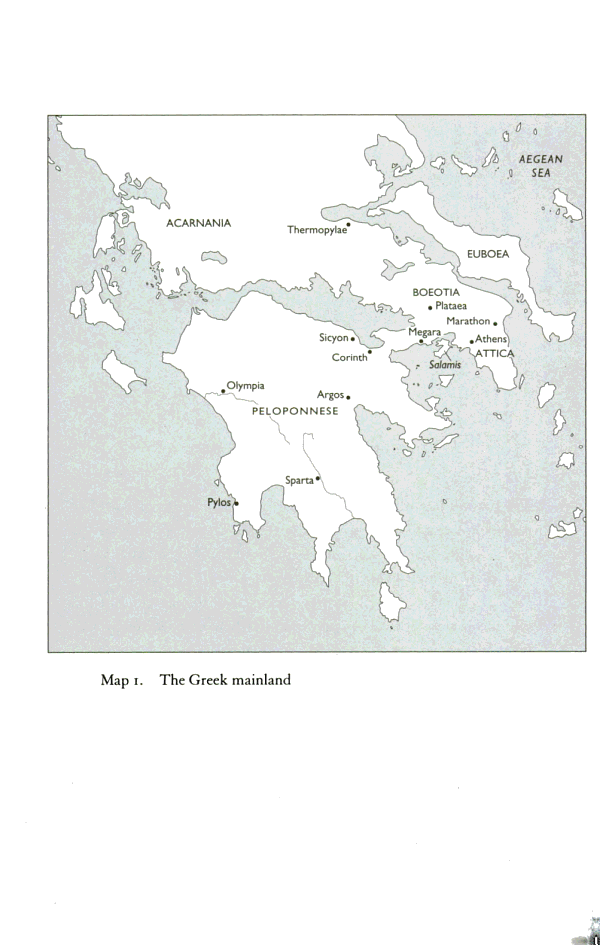
In the interim between these wars two interlocking phenomena made Athens a cultural and political power that would influence the rest of Western history: the creation of the Athenian empire and the development of the so-called golden age of Athens under Pericles. Following the defeat of Persia, the Greek city-states formed a defensive alliance, the Delian League, which the Athenians led and dominated almost from the beginning. This was probably inevitable because the Spartans, an infantry power, naturally had little interest in a naval league whose purpose was to keep the Persians out of the Aegean. League members contributed either ships or money, depending on their size and resources. The League had its center and treasury on Delos, the sacred island of Apollo, which was essentially the geographical hub among the participating cities (see map 2). Since the Athenians contributed the largest number of ships, they came to dictate policy to its membership. By midcentury they had turned the League into their empire. In 454 the Athenians transferred the treasury from Delos to Athens, allowing them to control expenditures as well as the collection of monies. The payments had by this time become tribute exacted from subject states, not con tributions from free allies. Defections from the new empire were not tolerated. The revolts of larger islands like Thasos in the mid-46os and Samos in the 440s were put down harshly. Allies that revolted were brought back into the fold and heavily fined in the form of increases in their annual tribute. Thasos, for example, had its payment increased from 3 to 27 talents, an enormous sum.
Next pageFont size:
Interval:
Bookmark:
Similar books «Pericles»
Look at similar books to Pericles. We have selected literature similar in name and meaning in the hope of providing readers with more options to find new, interesting, not yet read works.
Discussion, reviews of the book Pericles and just readers' own opinions. Leave your comments, write what you think about the work, its meaning or the main characters. Specify what exactly you liked and what you didn't like, and why you think so.

